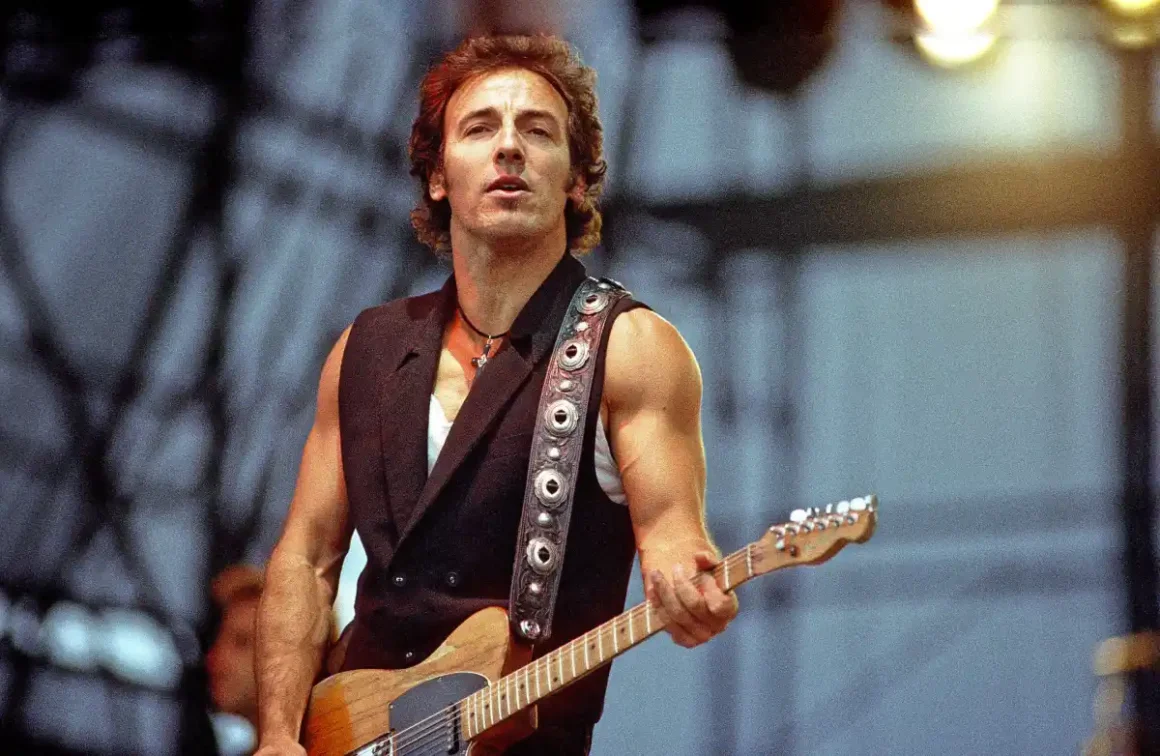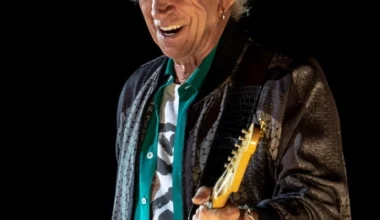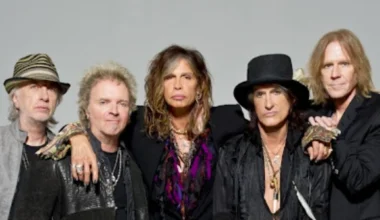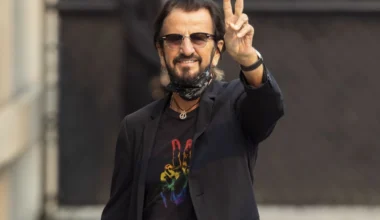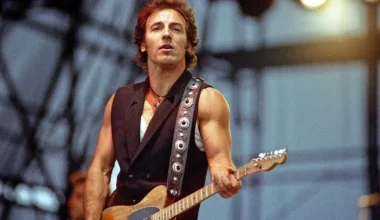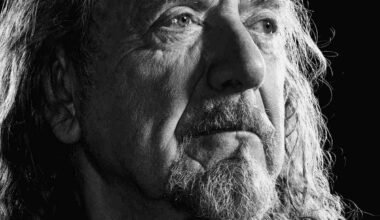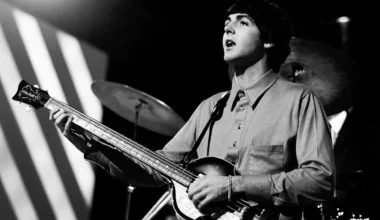Bruce Springsteen was born with rock and roll in his soul. Inspired by great American songwriters like Pete Seeger and Woody Guthrie, he built his career on vivid storytelling—songs about everyday struggles and the pursuit of something greater. While his rise to fame was fueled by raw passion and the E Street Band’s electrifying presence, Springsteen always knew where to draw the line. There were certain music legends he admired but never wanted to become.
Springsteen’s success came at a time when larger-than-life entertainers ruled the industry. While he positioned himself as a modern Roy Orbison, the real gods of rock and pop were figures like Elvis Presley. More than just a singer, The King was a spectacle—his performances designed to captivate audiences around the world.
A generation later, another superstar followed in Presley’s footsteps: Michael Jackson. With Thriller, Jackson became a global phenomenon, but the fame came at a cost. He was no longer just an artist—he was a commodity, hounded by paparazzi and forced into isolation by the sheer weight of his celebrity status.
Springsteen never envied that kind of life.
“The type of fame that Elvis had and that I think Michael Jackson has, the pressure of it, and the isolation that it seems to require, has gotta be really painful,” Springsteen once said. “I wasn’t gonna let that happen to me.”
For Springsteen, music was never about flashing lights and larger-than-life personas. Unlike those who got lost in the machine of superstardom, he remained The Boss—grounded, relatable, and unafraid to scale things back when needed. Even at the height of his success with Born in the U.S.A., he was willing to take risks, embracing raw intimacy on albums like Nebraska and Tunnel of Love.
He never wanted to be untouchable. He wanted to be the guy who could walk into a bar, have a conversation, and remain connected to the people whose stories he told.

